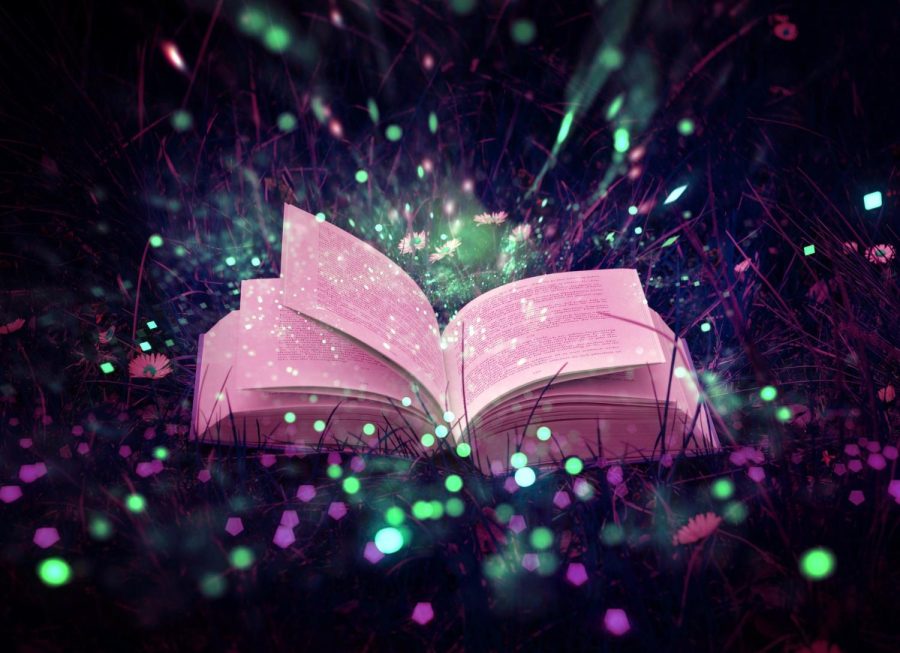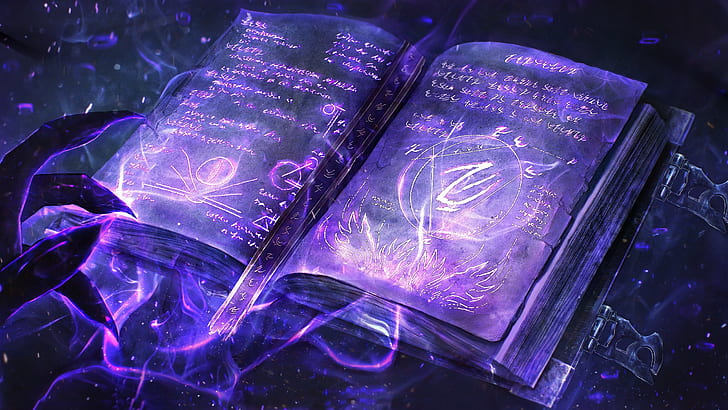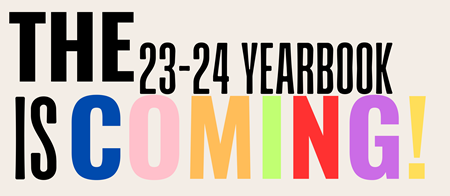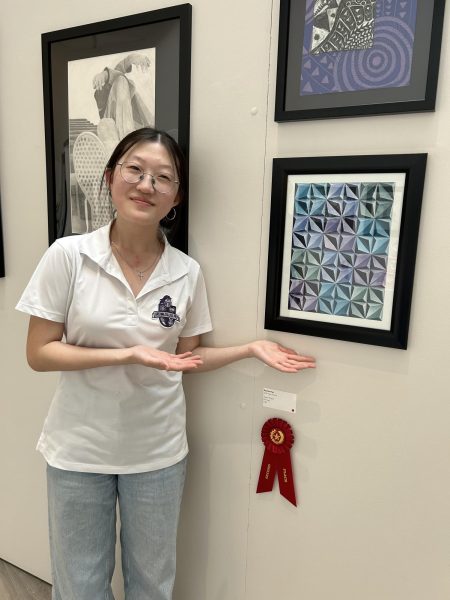Writing Whimsical Aspects of Magic
Magic is truly a staple of fiction. Early on in a reader’s life, they will come across a story with magic. Magic is a very broad term depending on what you consider to be magic. Magic is possibly one of the oldest aspects of literature ever. The oldest piece of written literature, the Epic of Gilgamesh, featured magic in every part of the story, from the clay golem of Enkidu to Gilgamesh’s quest for eternal life. Magic transcends even fiction. Many unexplainable phenomena in the past could only be described as magic or sorcery until humanity had a better grasp of the world. There are so many different kinds of magic systems that we wanted to help aspiring authors figure out the type of magic they would want in their stories.

The first step to classifying magic is determining if it is hard or soft. A soft magic system is where the rules are pretty lax. They could merely just be “Say the right words with the right item to do magic” like in Harry Potter, or they could be “After years of study, a character can do almost anything with magic” as seen in Lord of the Rings. Soft magic works when you want magic to be a simple plot device and not have the readers think about it too much. I personally dislike this style, but that is because I am a huge nerd who loves the opposite version of a soft system, a hard magic system. These are systems with very clear rules and limitations. Some key examples are all of Brandon Sanderson’s work (and also the laws he wrote for making a hard magic system which you can find here) or the modern classic Avatar: The Last Airbender. These types often will focus on what magic can’t do, and in my opinion, can lead to a lot of very entertaining and creative ways for the characters to overcome obstacles. I always have a soft spot in stories when the characters bluff and boast about what their magic can do to make the people who do not know the limits of the magic afraid of them.

The next step in classifying is finding the source. All magic must come from somewhere even if it doesn’t seem like it. There are a lot of sources, but they can be organized into three categories. The first is magic from words. This is where the magic hides within an incantation or word of power. When you think of magic, you probably think of this kind, common examples are again Harry Potter and even street magic with “Abra-Cadabra!” This style is often used in conjunction with the soft system to give a basic structure and limit the magic. If you can’t speak or write, you can’t do magic. The next source is magic from the elements, where the magic is drawn from the very basic pieces of the world. While the name makes you think of Aristotle’s four elements (earth, air, water, fire), the modern interpretation has been changed to mean power from the natural world. This can mean element bending like in Avatar, or even Alchemy from the medieval ages (and also a lot of grimdark books like Witcher), natural magic can be used in stories with heavy environmental themes or even in a world where you want magic to be volatile and uncontrollable, to make parallels toward the lack of control humanity has of nature in real life. The final source is from another being. This is the broadest of types as it can mean a god, an ancient powerful being, or even ghosts. A prime example is the Shadowhunters series. Magic from another being is a very good type when you want to tell a story focused on the powers themselves and the repercussions of the magic, such as having the magic harm the user from the source taking power in fiction.
Those are the two ways to classify magic in fiction. As said before, magic is such an ancient trope that there are an uncountable amount of styles and systems. A writer can pick and choose whichever pieces of common tropes they want, or even do something completely out of the left field. All types of magic can be written in a narratively interesting and satisfying way, and we hope that all aspiring authors can use this article to help them along the way. Go Knights!







